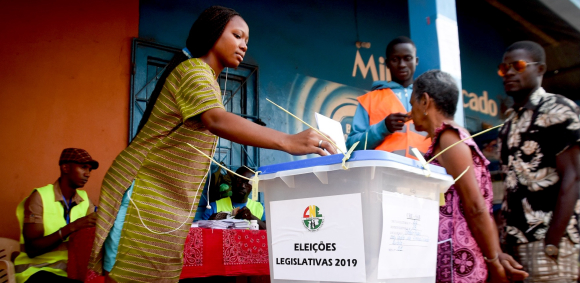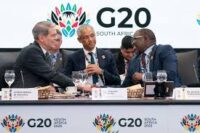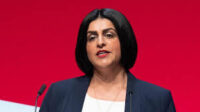On May 23, 2025, Zimbabwe’s President Emmerson Mnangagwa signed the Broadcasting Services Amendment Act (No. 2 of 2025), mandating all motorists to purchase a $92 annual radio licence to renew vehicle insurance or obtain a licence from the Zimbabwe National Road Authority (Zinara). The law, aimed at boosting revenue for the struggling Zimbabwe Broadcasting Corporation (ZBC), has ignited fierce backlash from motorists and opposition leaders, who call it a “draconian” burden on an already strained population. With 1.2 million registered vehicles but only 800,000 insured, the levy could generate up to $73.6 million annually for ZBC, which relies on fees, government grants, and limited advertising.
The new law requires motorists to pay $23 per quarter, with exemptions for vehicles without radios or qualifying tourists. Insurance companies are barred from serving those without a valid ZBC licence, closing compliance loopholes. However, critics argue the fee is excessive amid Zimbabwe’s economic woes. “This is too much for the overburdened taxpayer,” Harare lawyer Kudzai Kadzere told The Independent, noting many rely on independent media, WhatsApp, and the internet, not ZBC, which is accused of pro-Zanu-PF bias. Media activist Rashweat Mukundu called it “daylight robbery,” citing ZBC’s declining relevance.
Opposition leader Nelson Chamisa slammed the law on X as “heartless,” questioning, “Why must I pay for partisan propaganda?” He highlighted the cumulative burden of Zinara fees, insurance, tolls, and now ZBC licences, asking, “How are people supposed to survive?” Other X users echoed his outrage, labeling the measure an “unjust assault on motorists.” Motorist Lazarus Bhebhe added, “My radio can’t even receive local stations,” calling the requirement unreasonable.
Government official Nick Mangwana defended the law on X, calling it “necessary” and “fair” to fund ZBC, which has faced challenges enforcing TV and radio licence payments. Despite ZBC’s denial of bias, opposition groups and international election observers have long criticized its Zanu-PF favoritism, fueling calls to scrap the fee—a bid rejected by the Constitutional Court in 2016.
Social media sentiment on X reflects widespread frustration, with posts like, “Forcing motorists to pay for ZBC licences is another inflated tax,” highlighting public discontent. The law’s timing, ahead of Zimbabwe’s 2025 political transitions, has intensified debates about governance and economic pressures.














Leave a comment